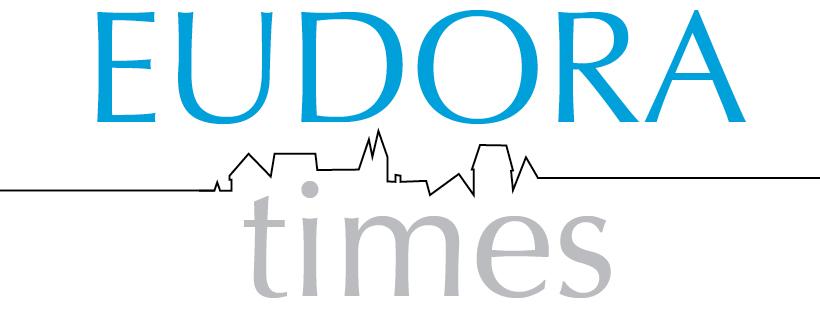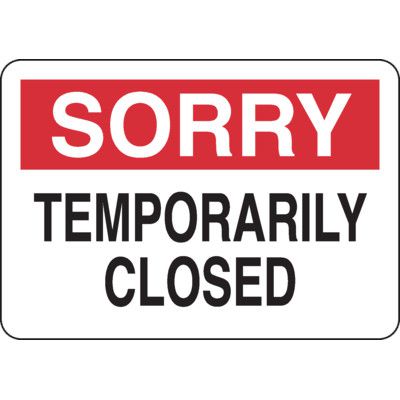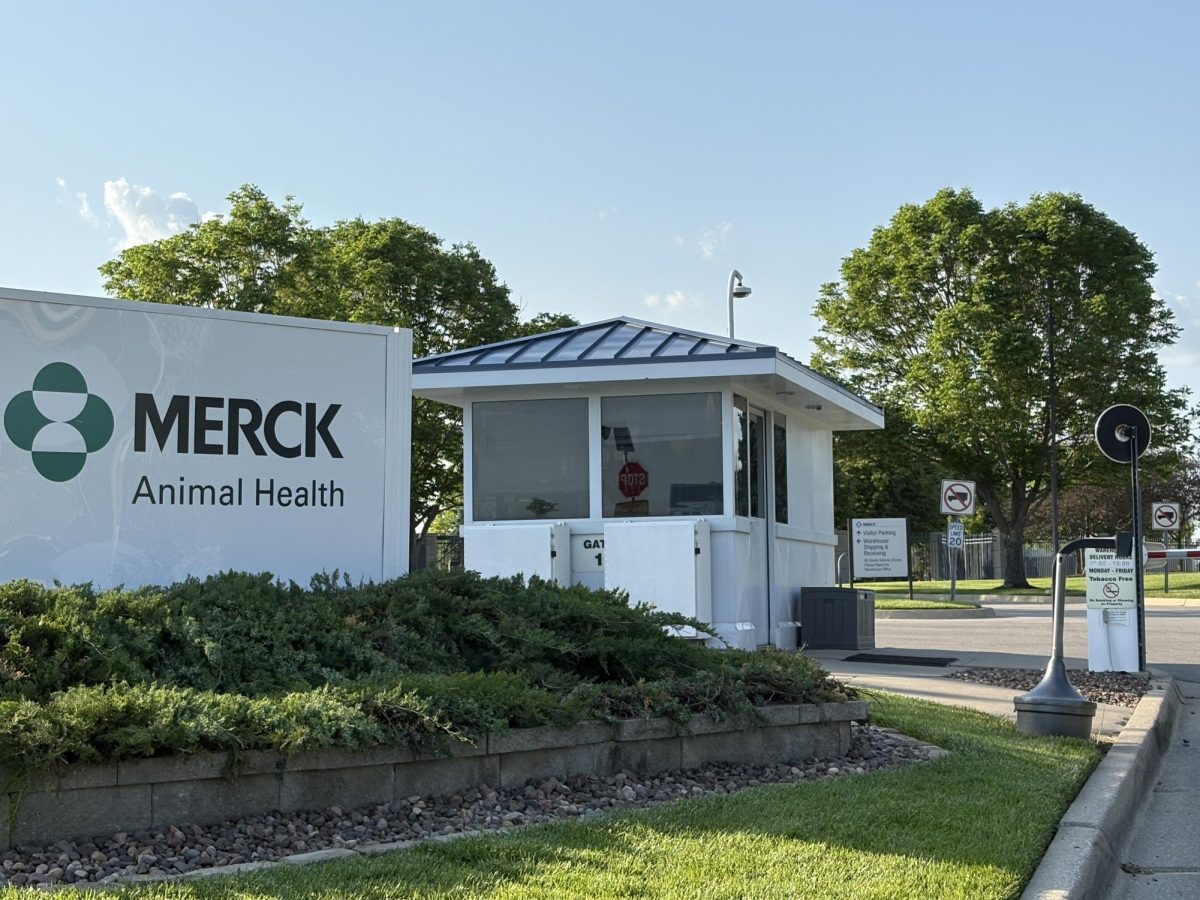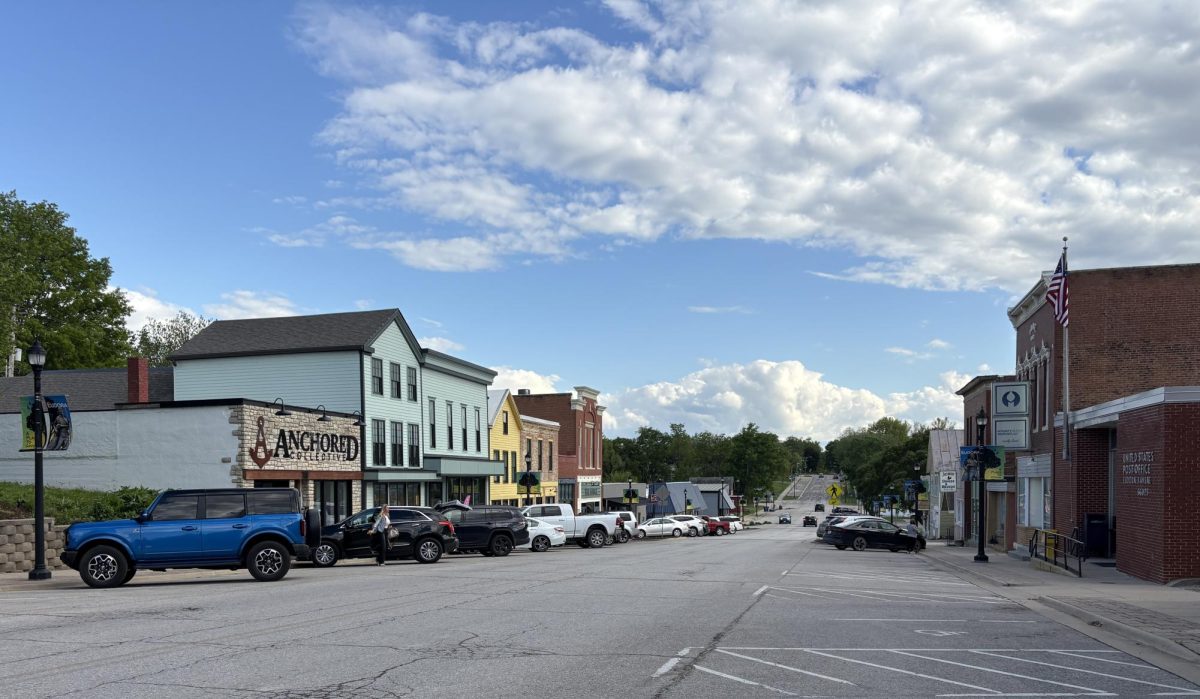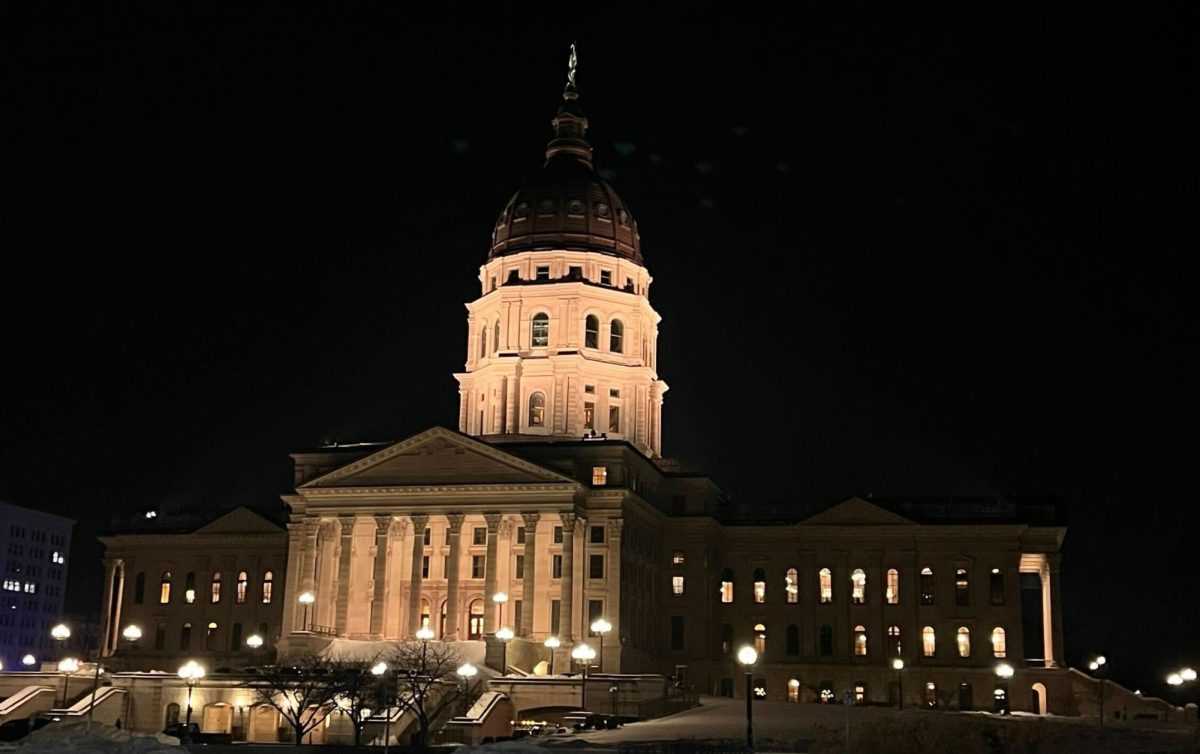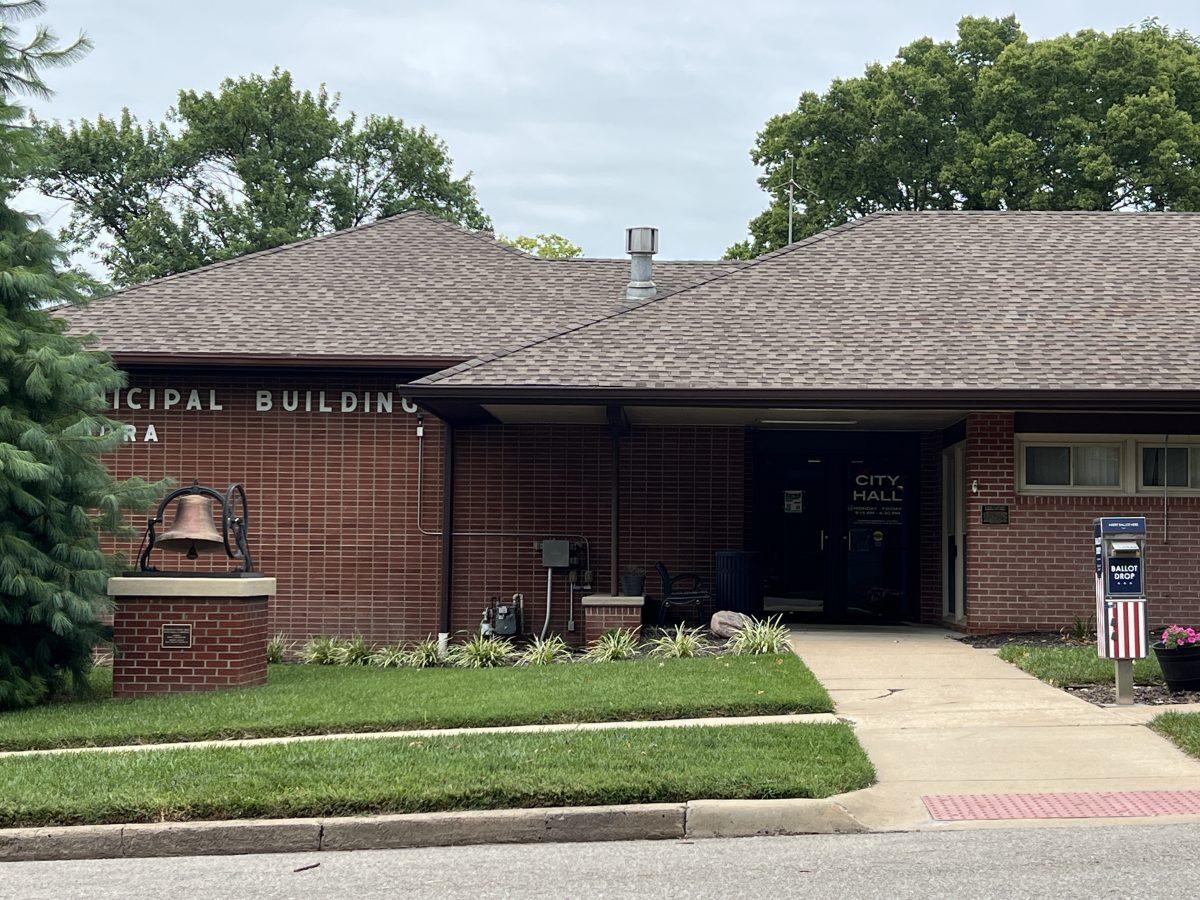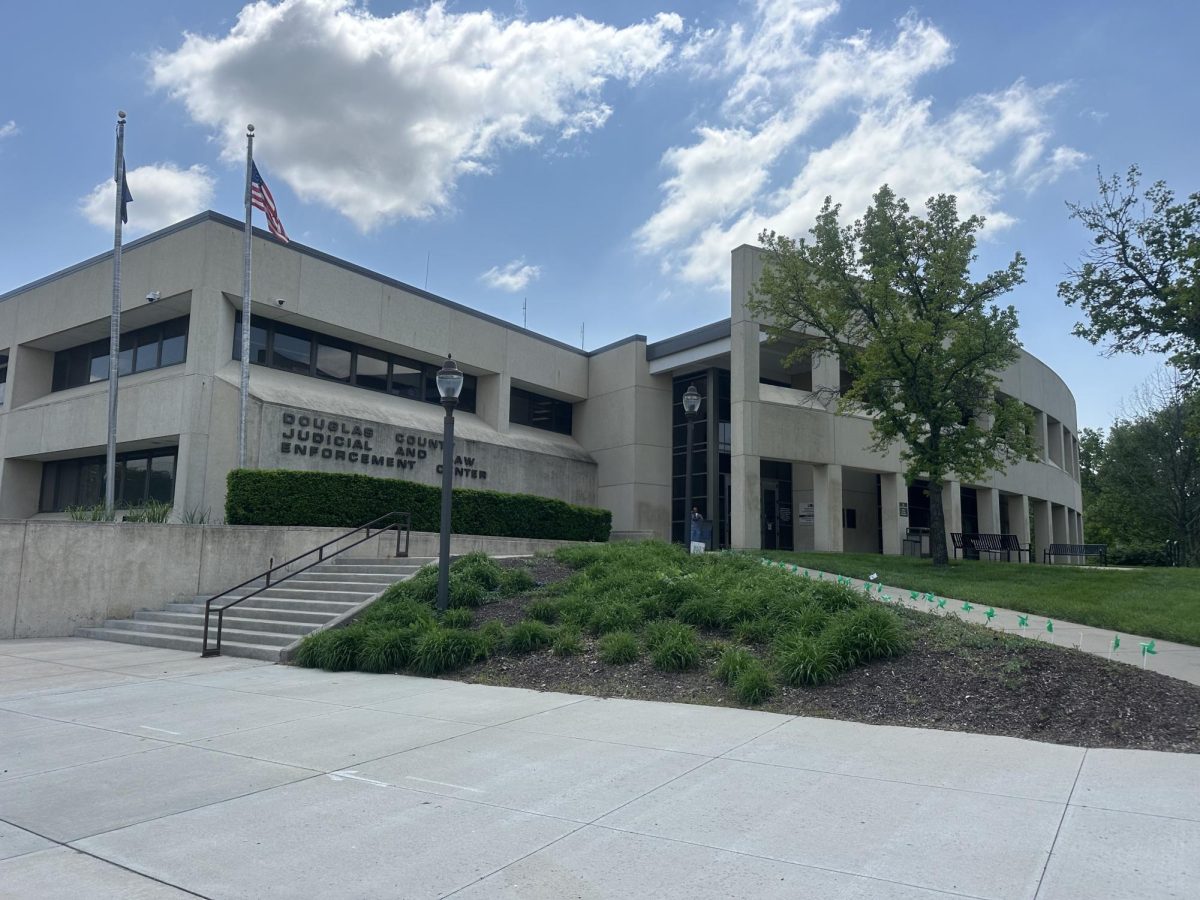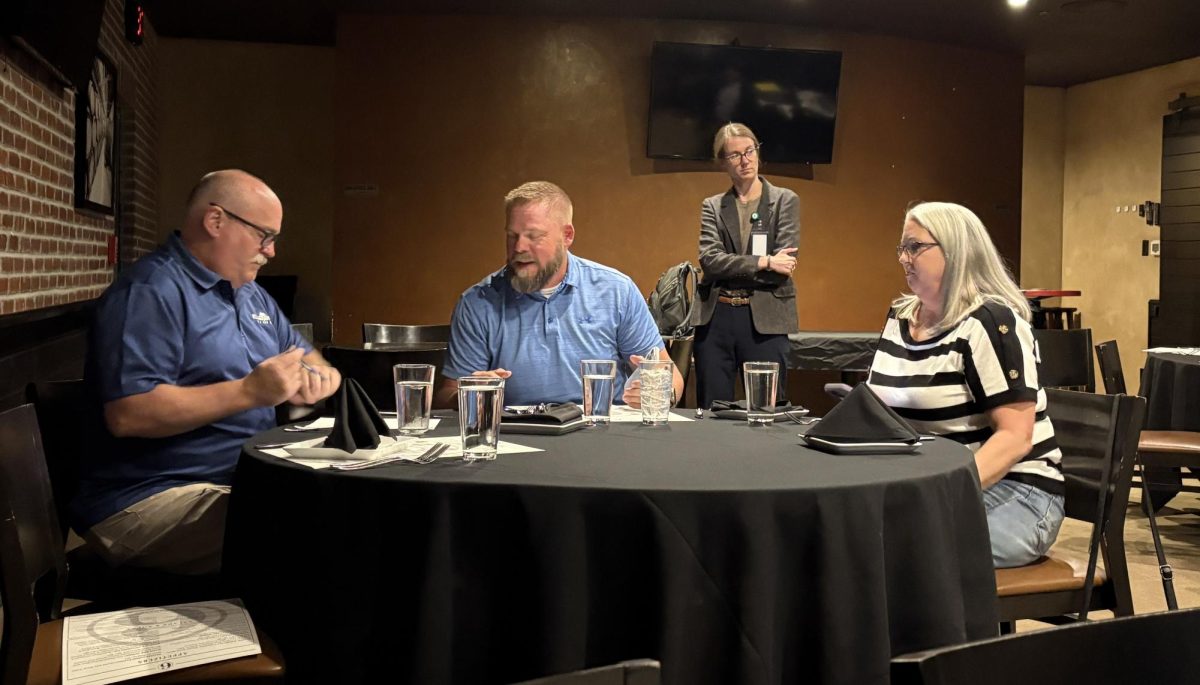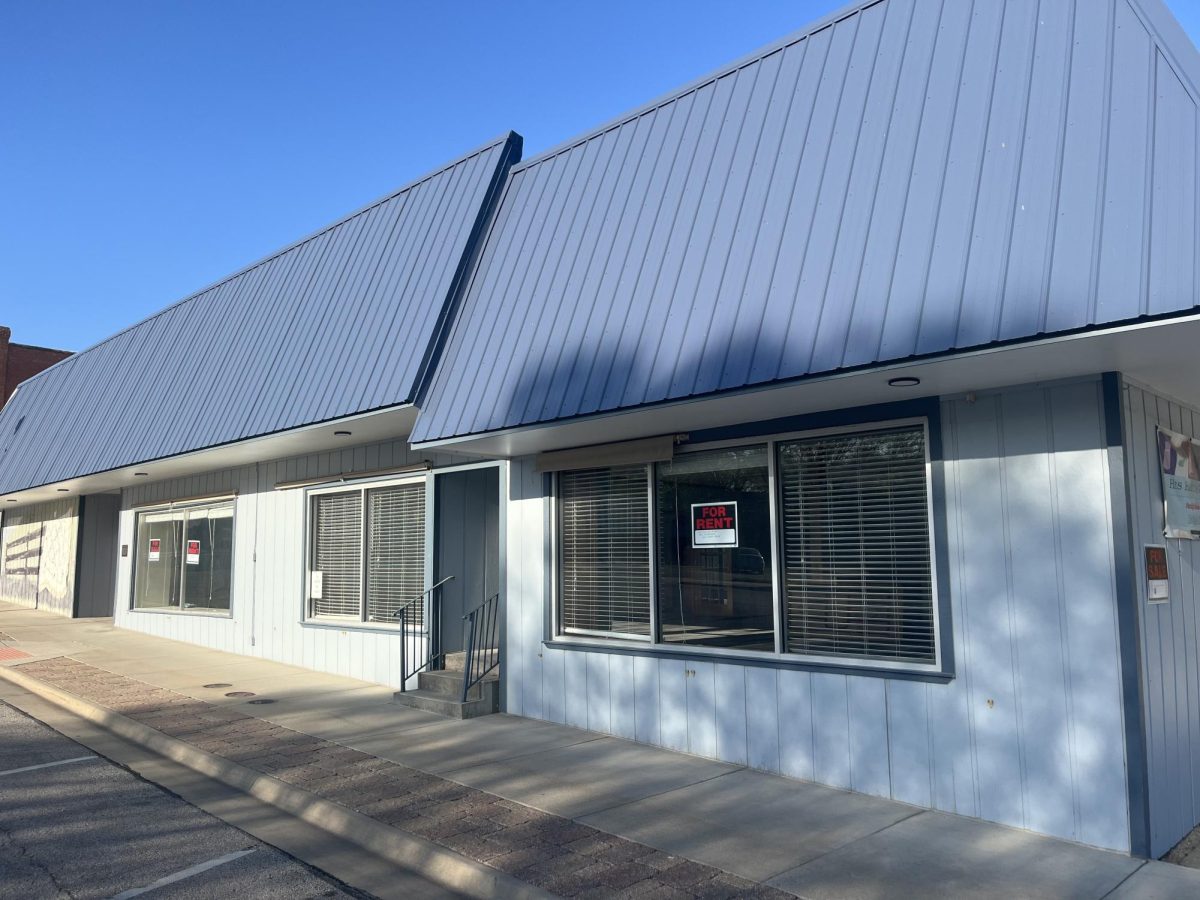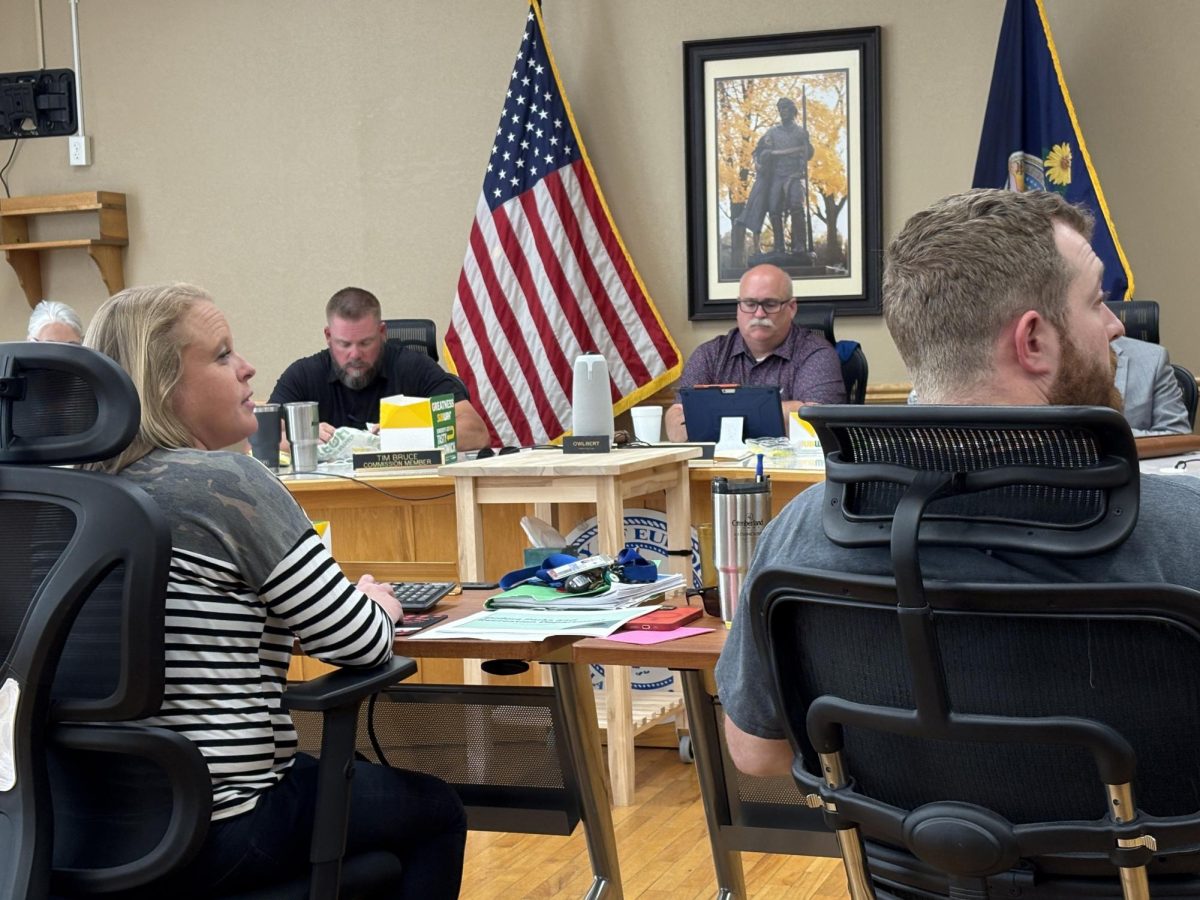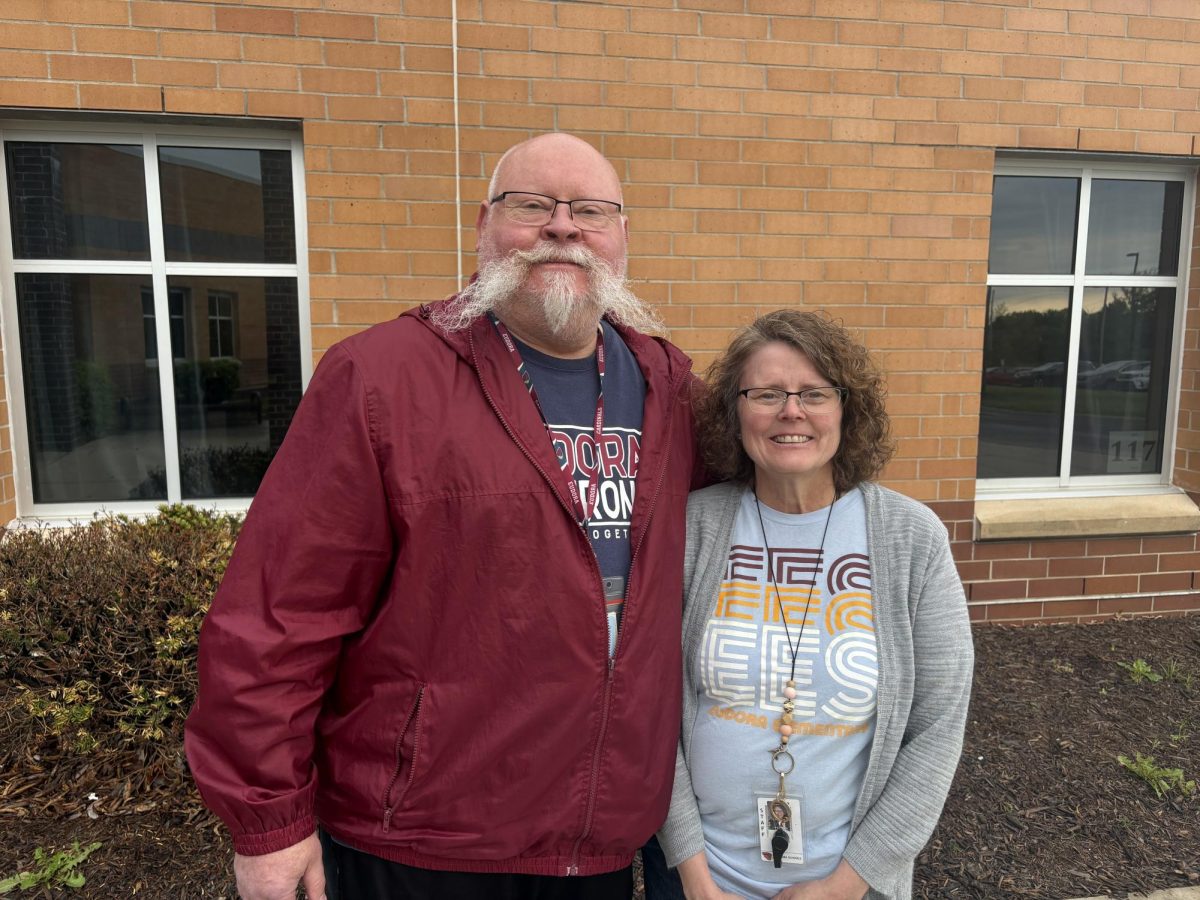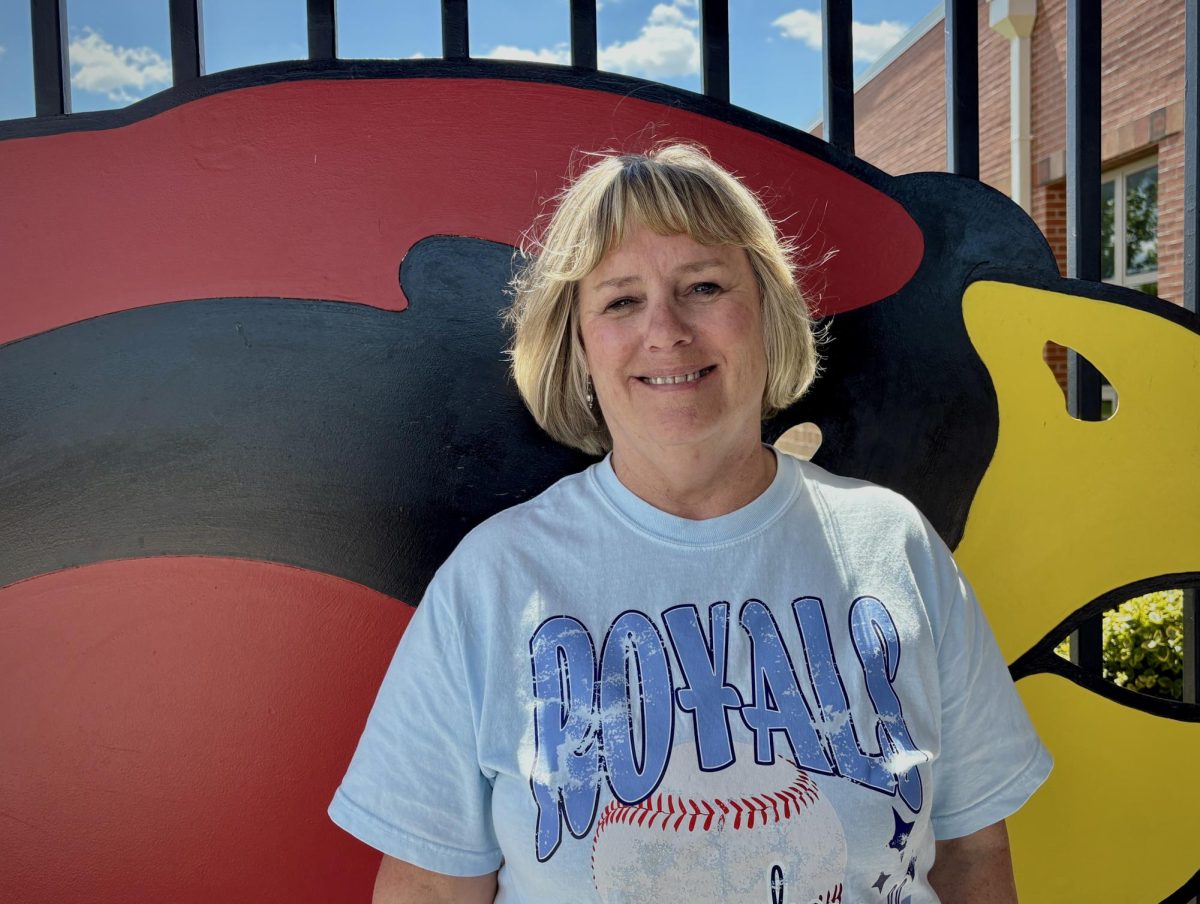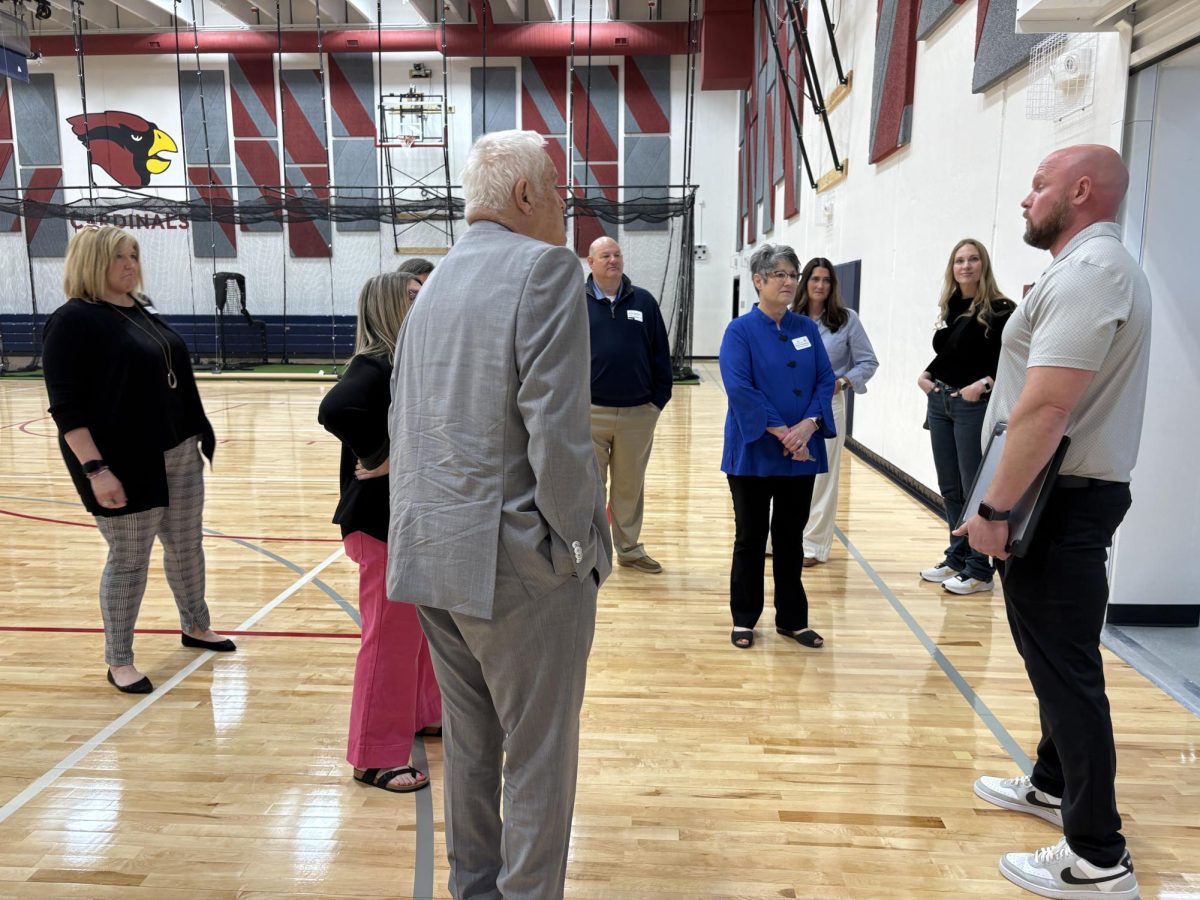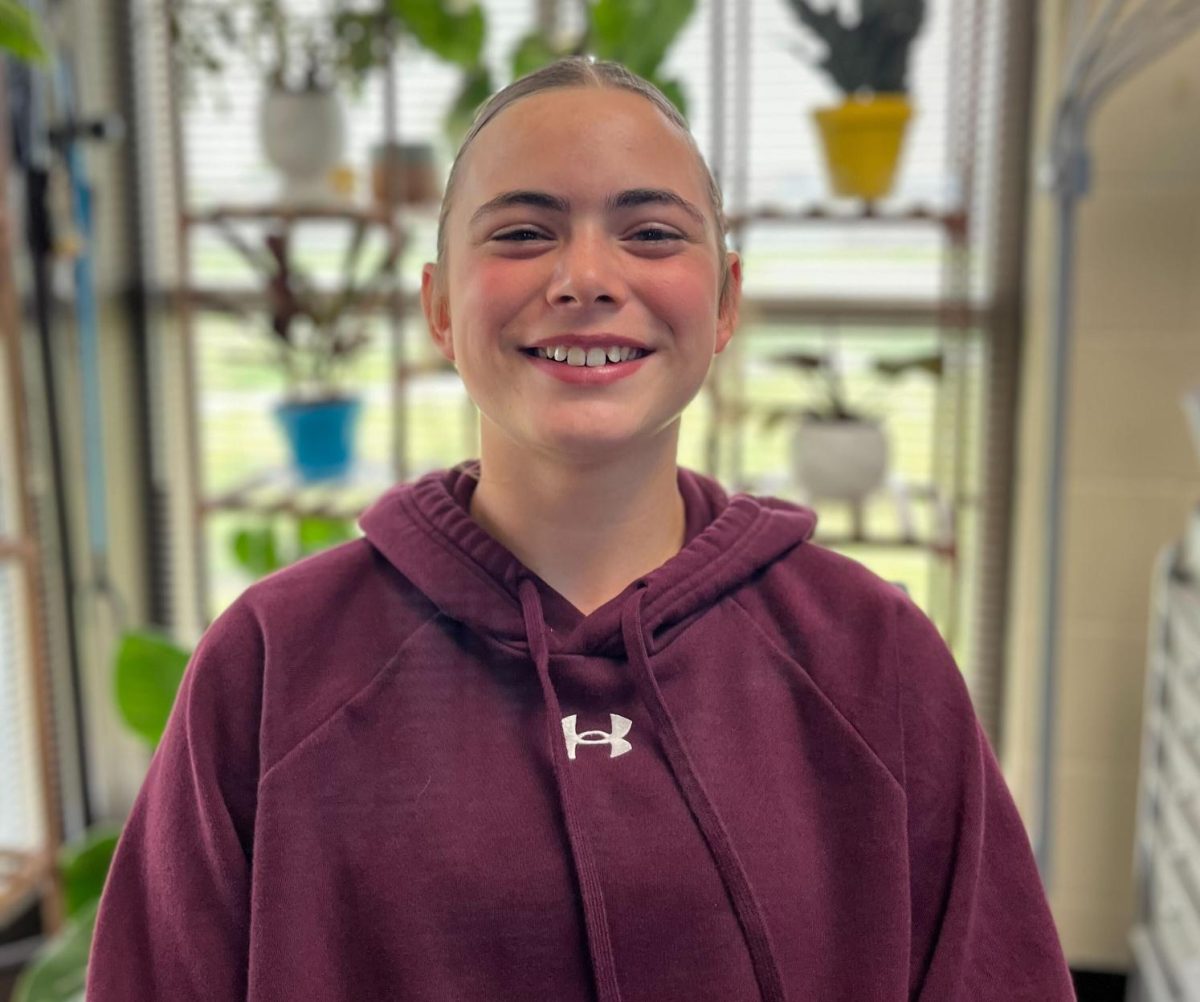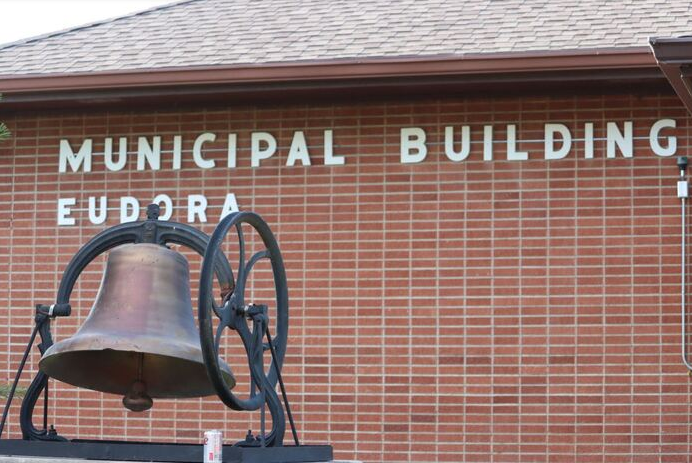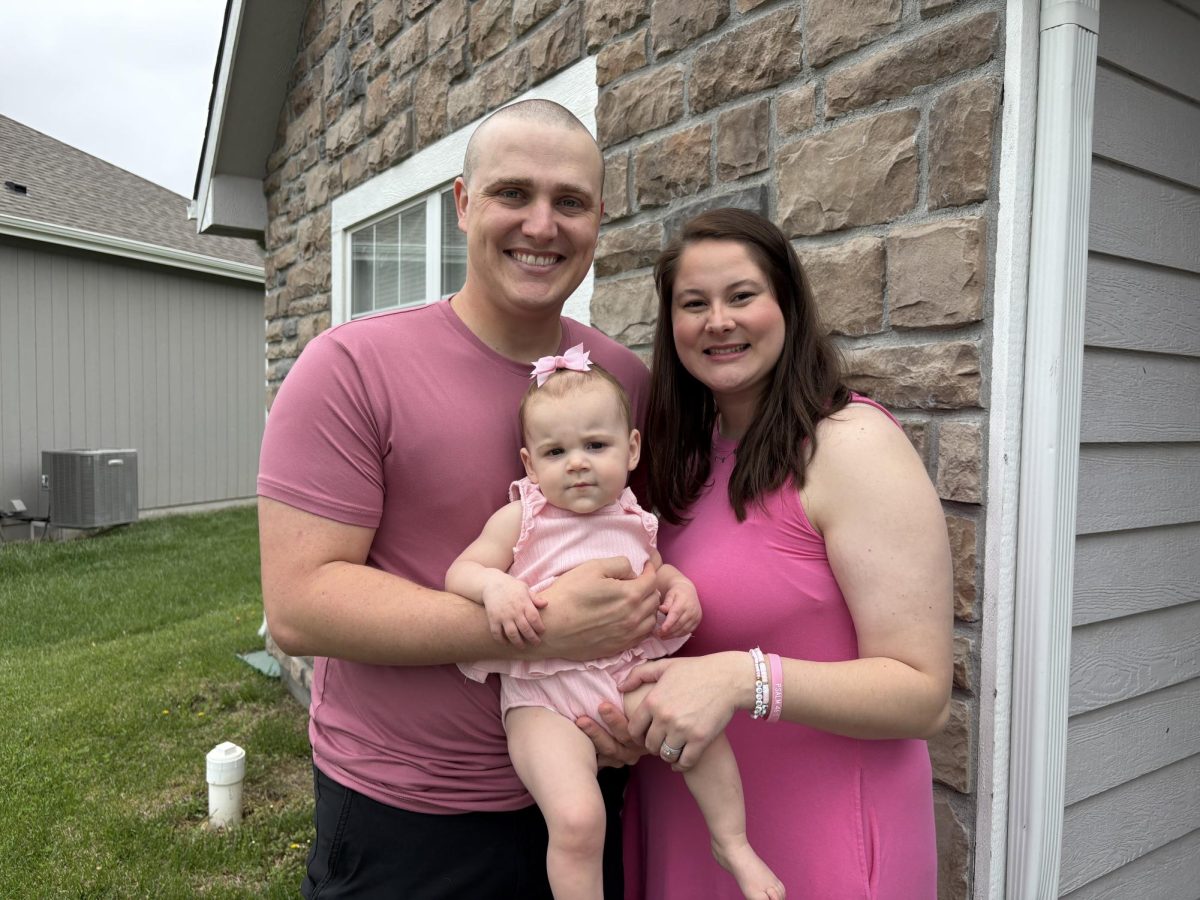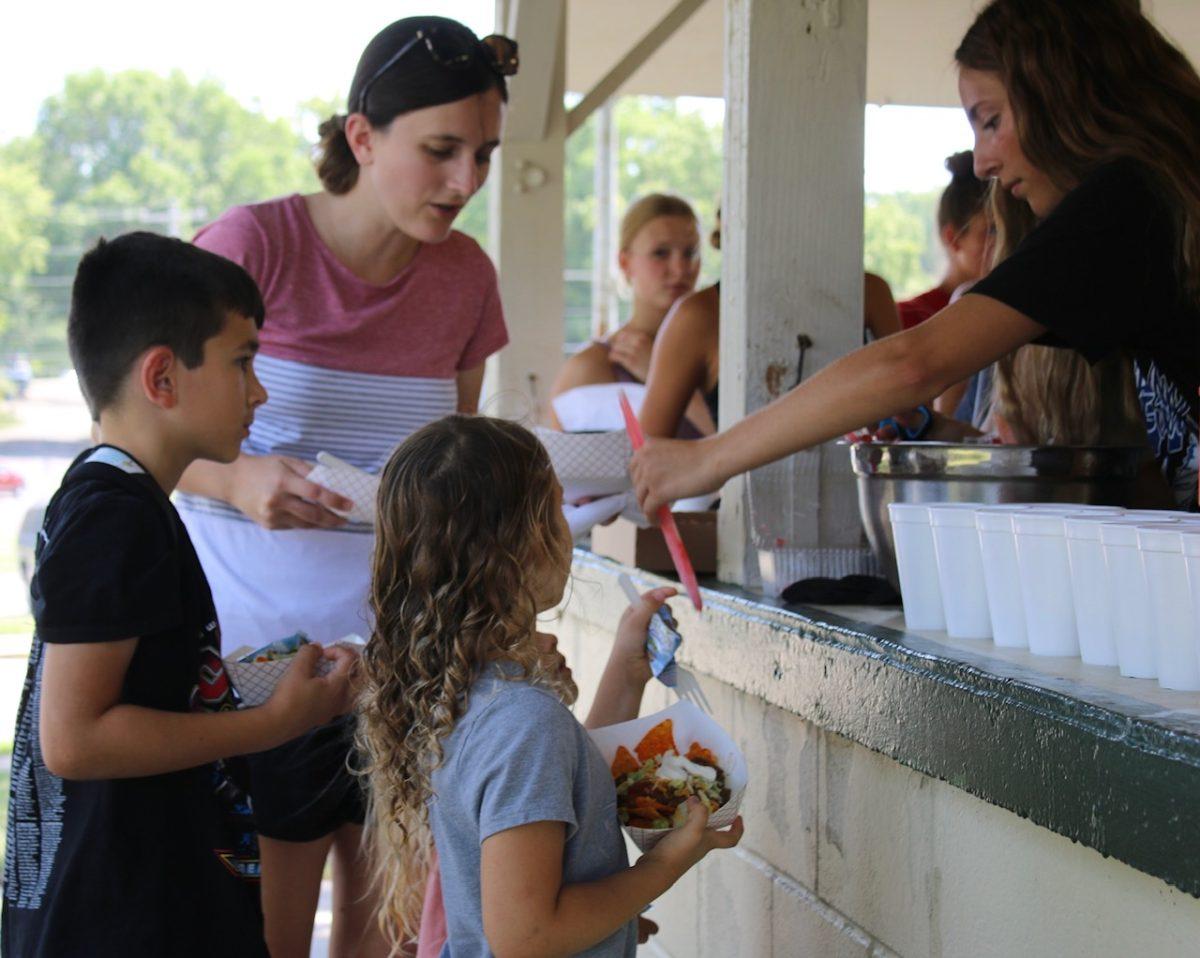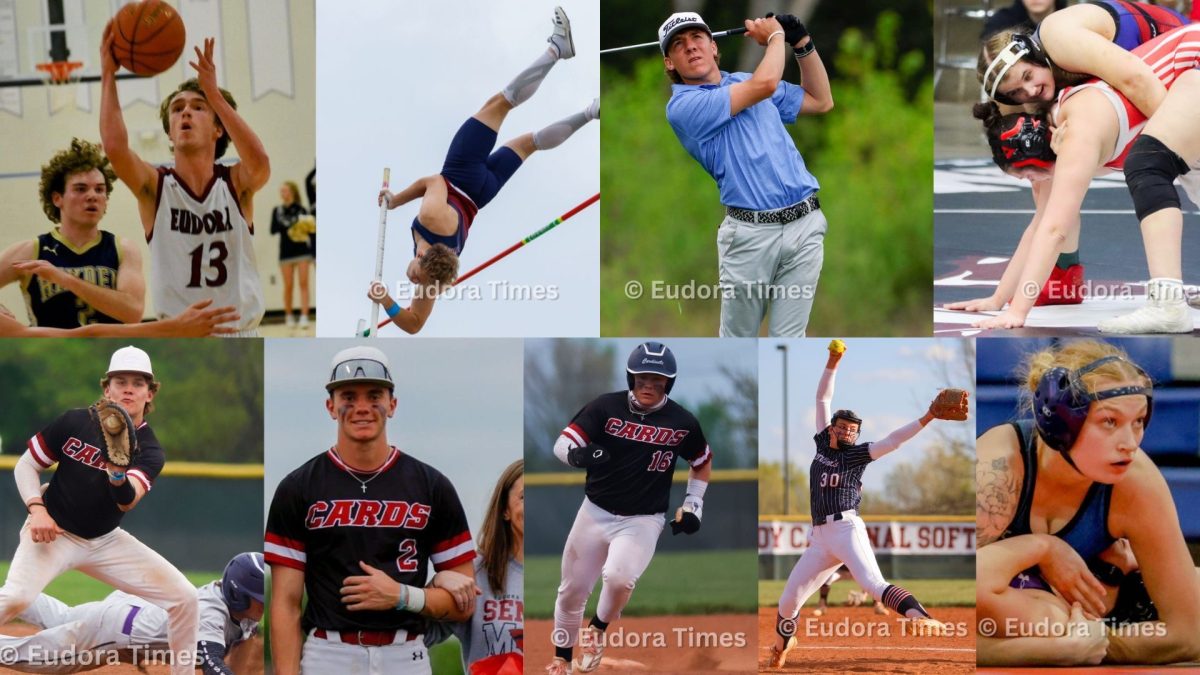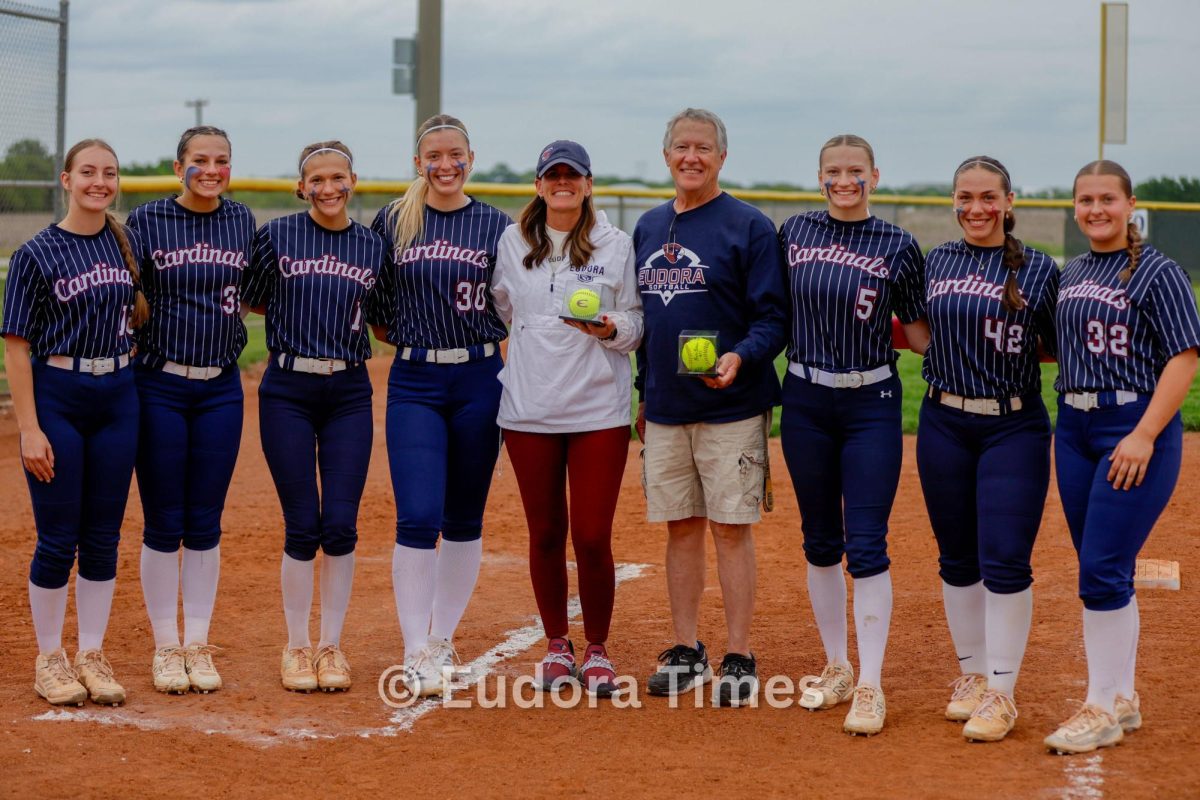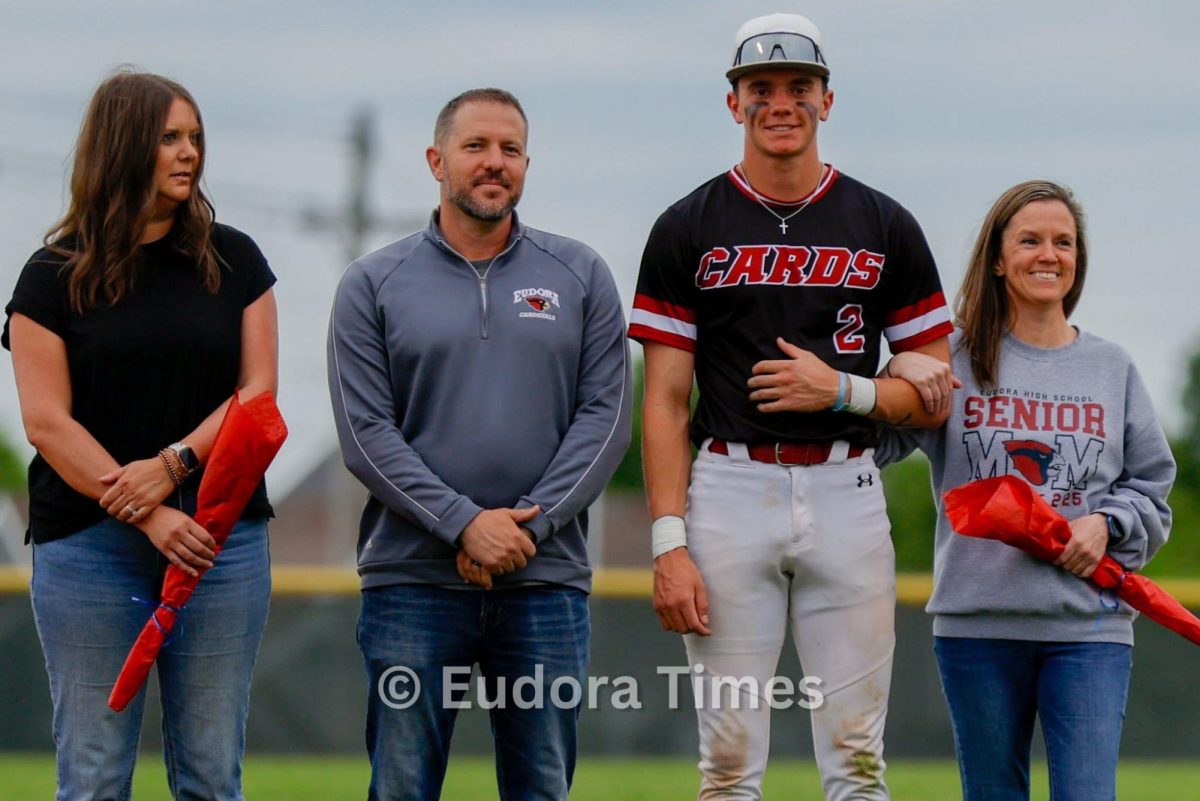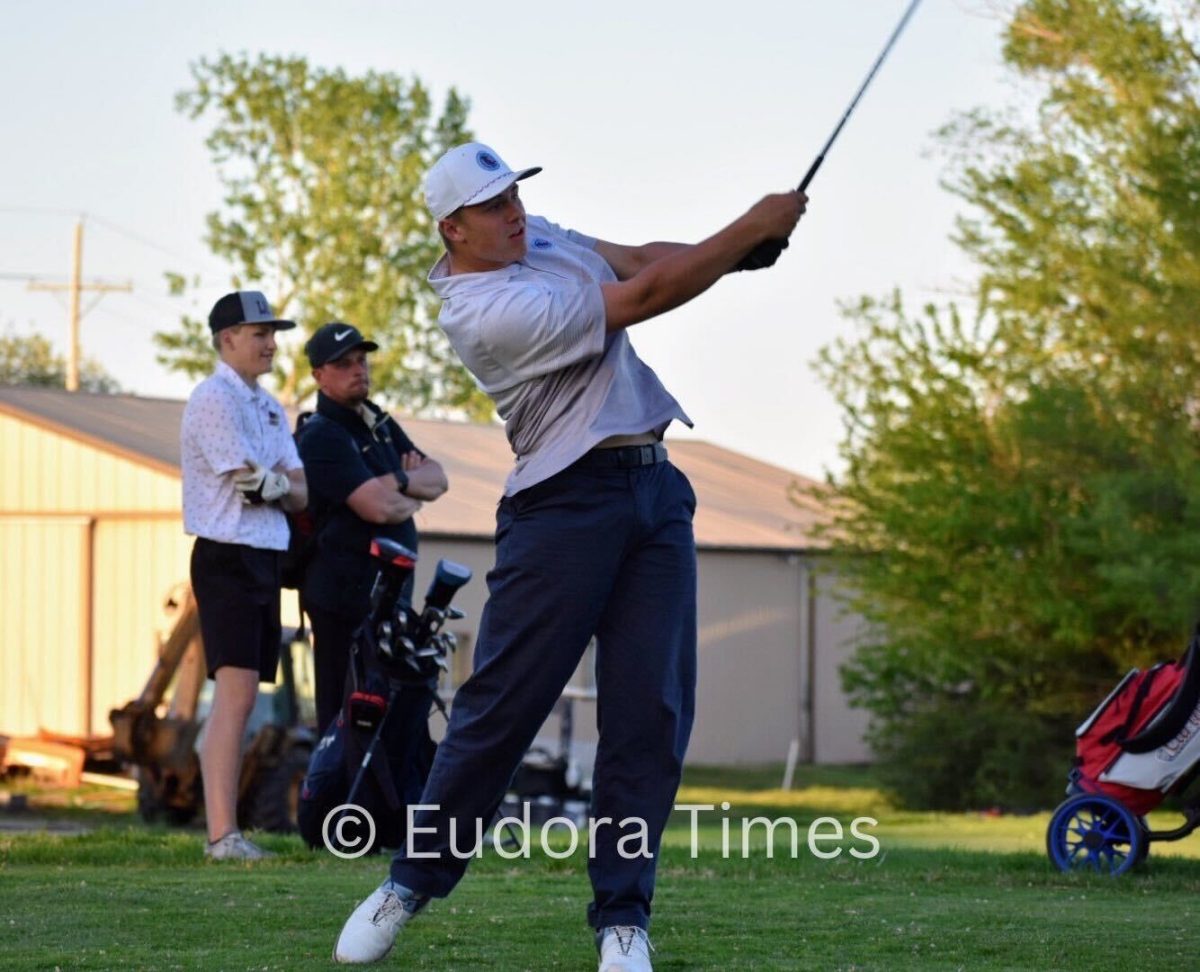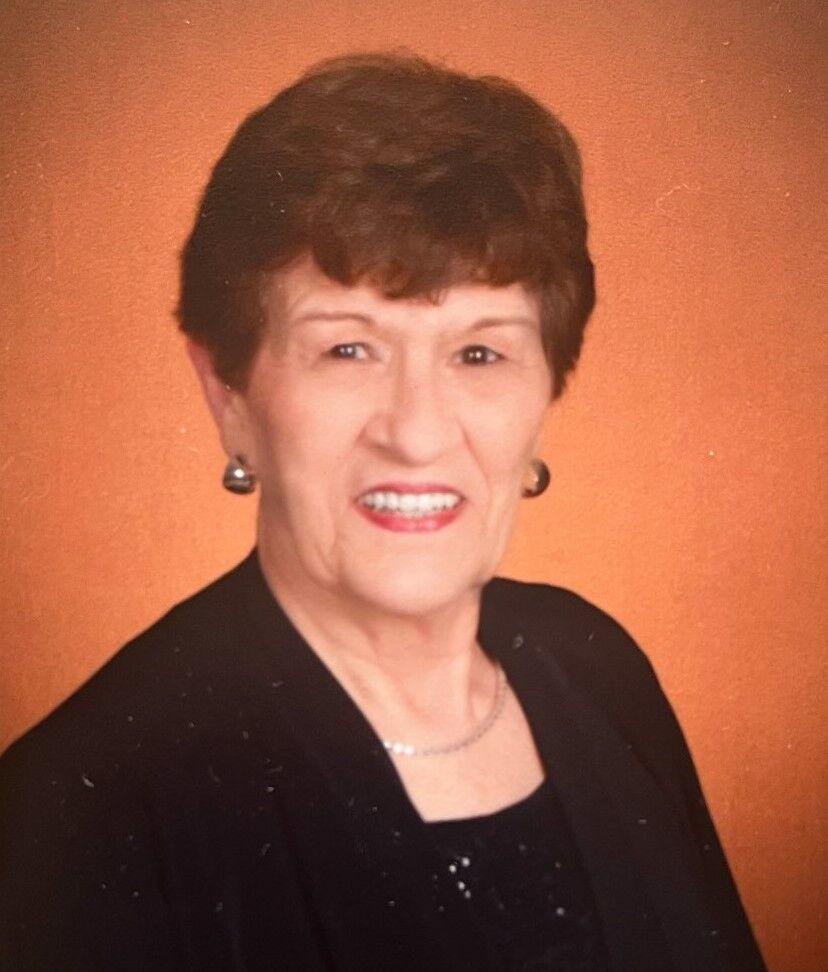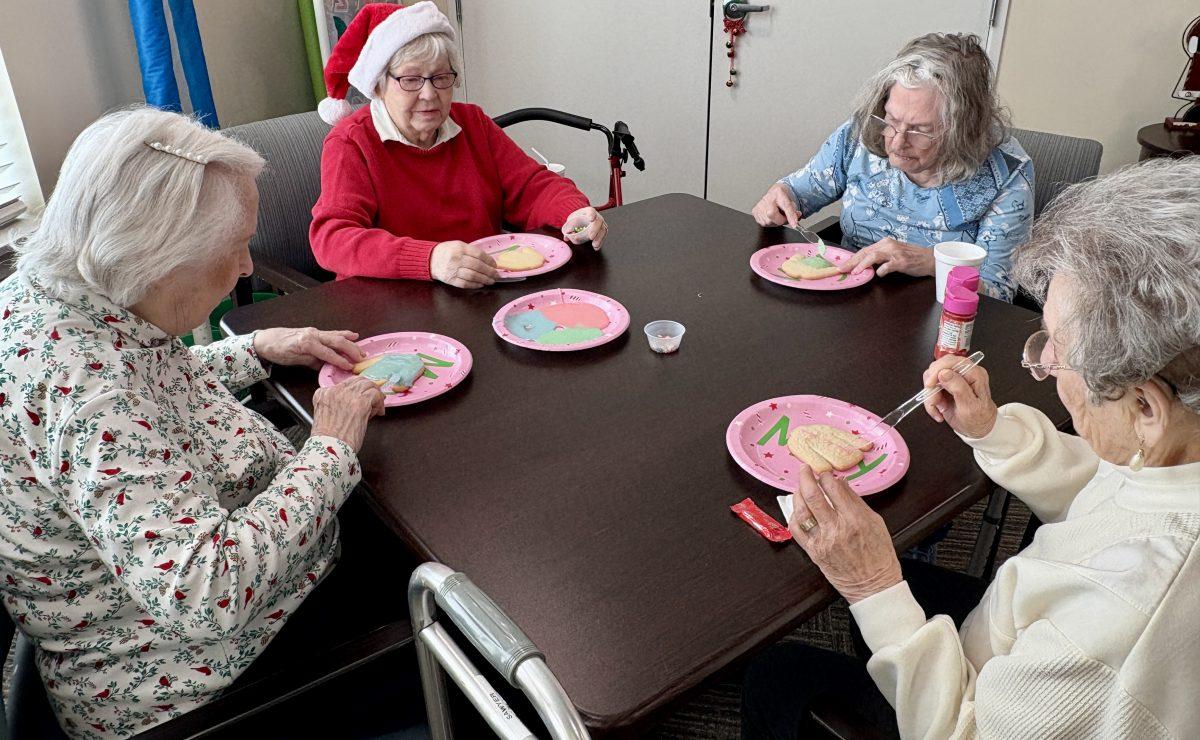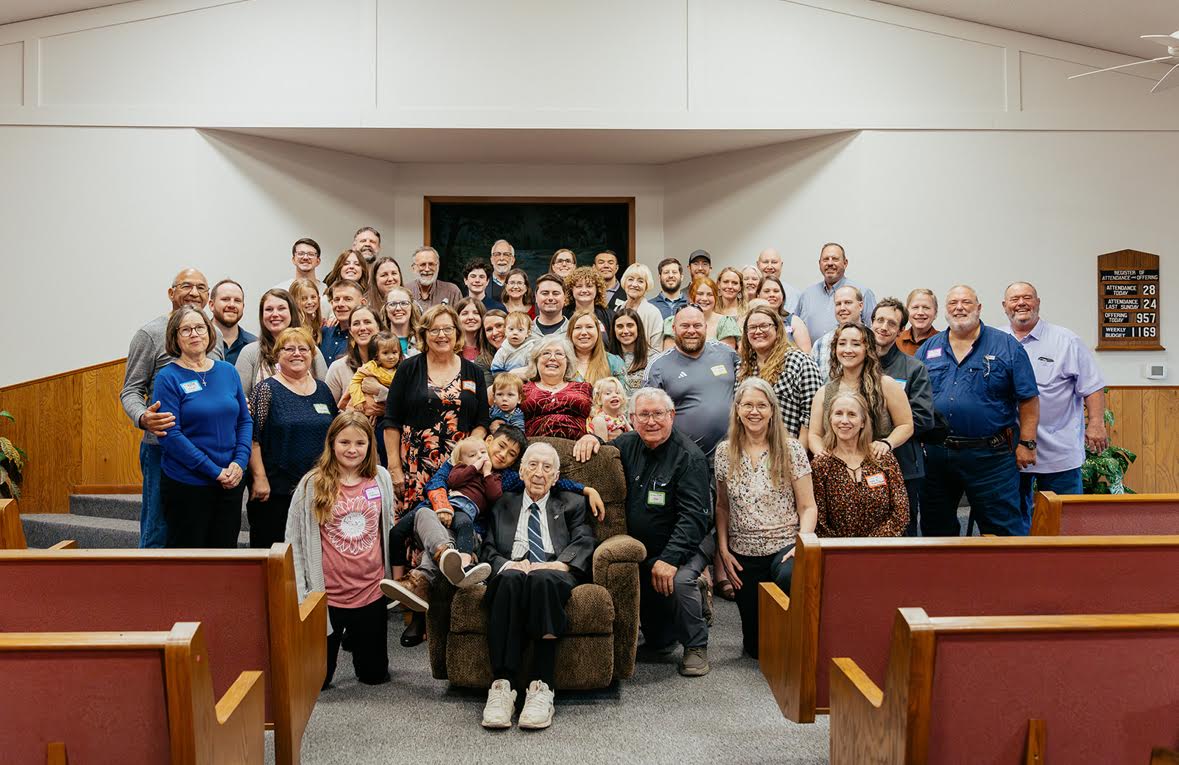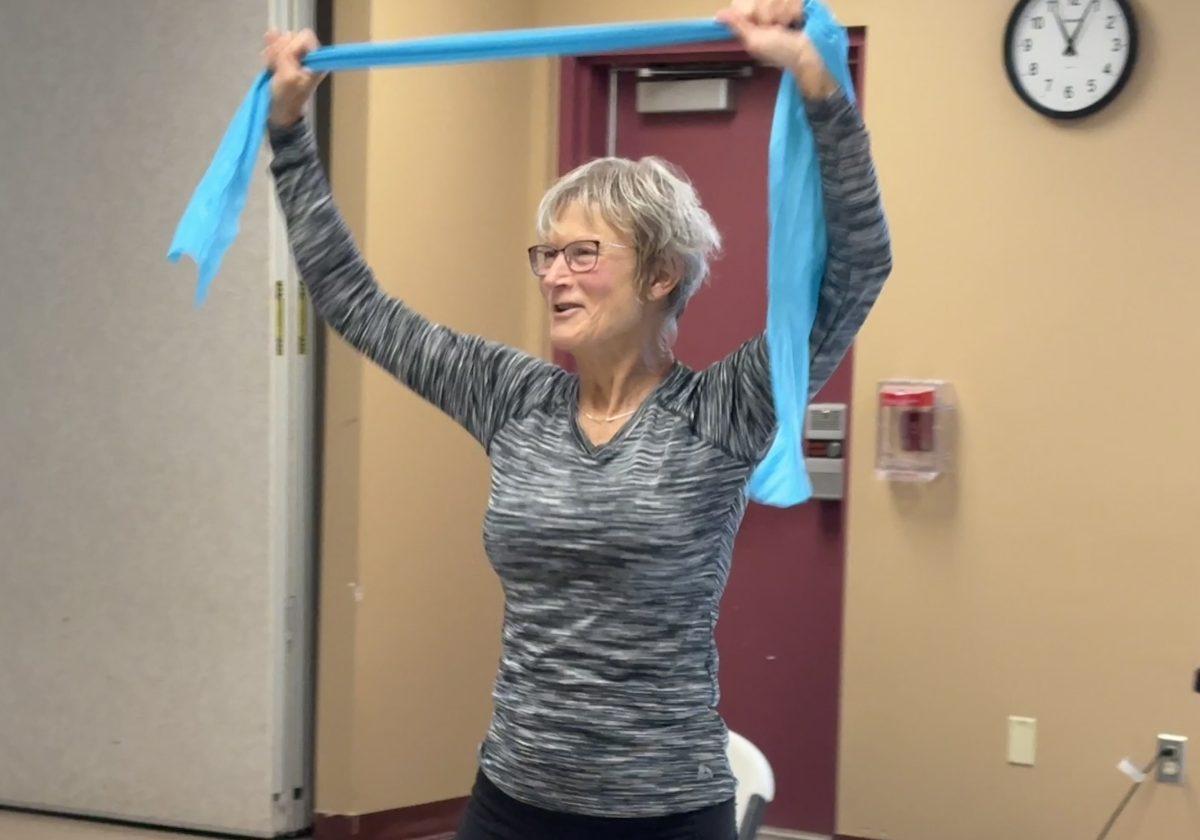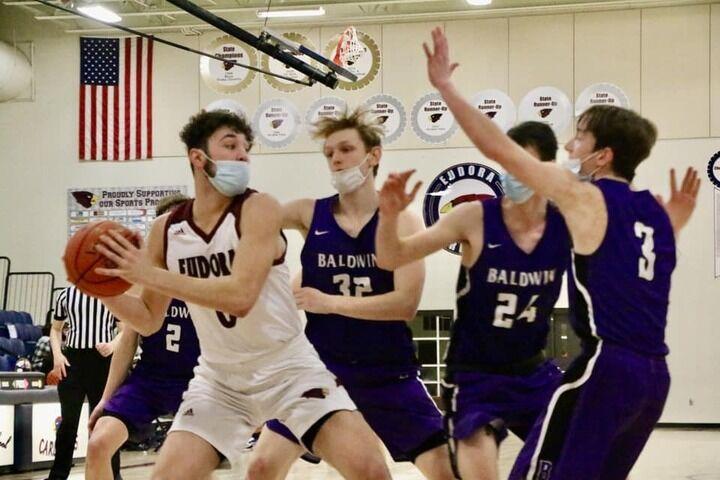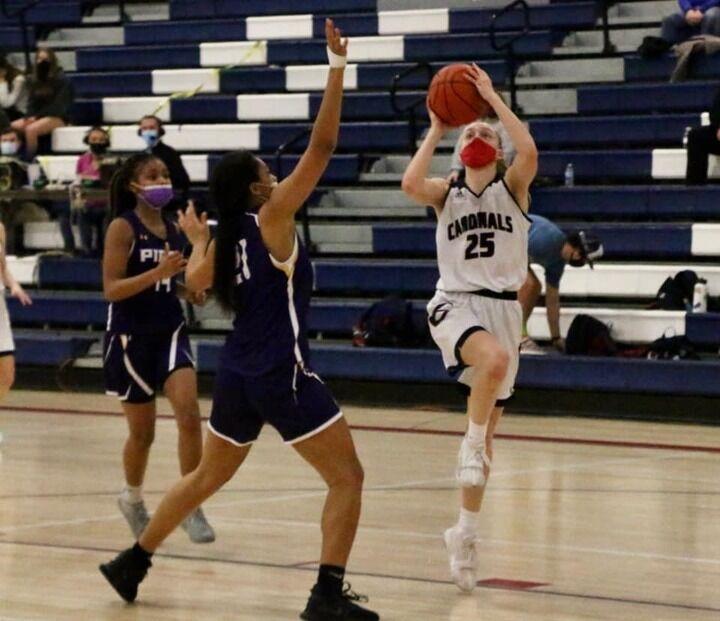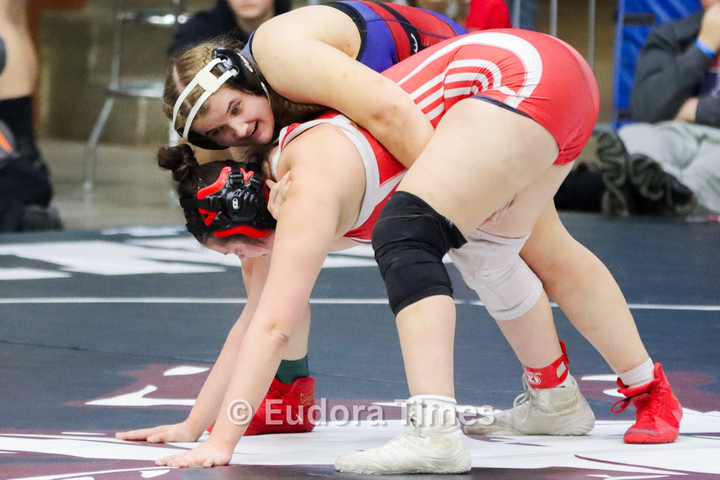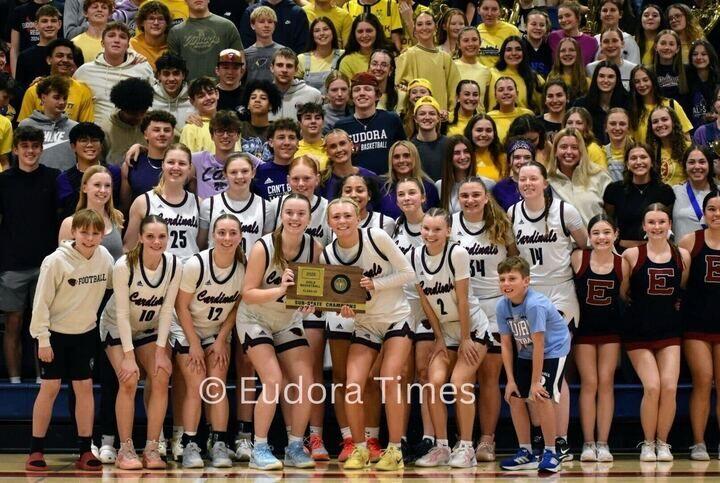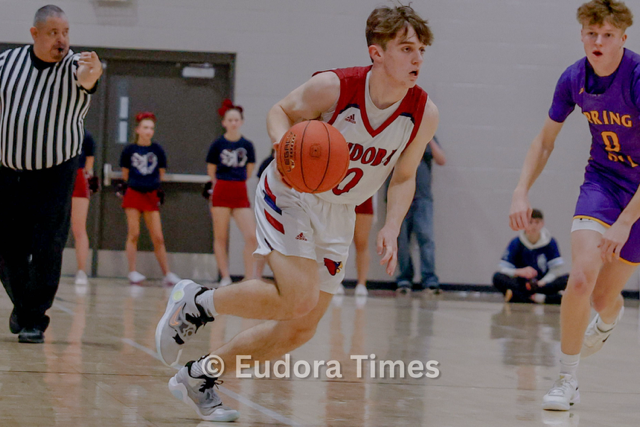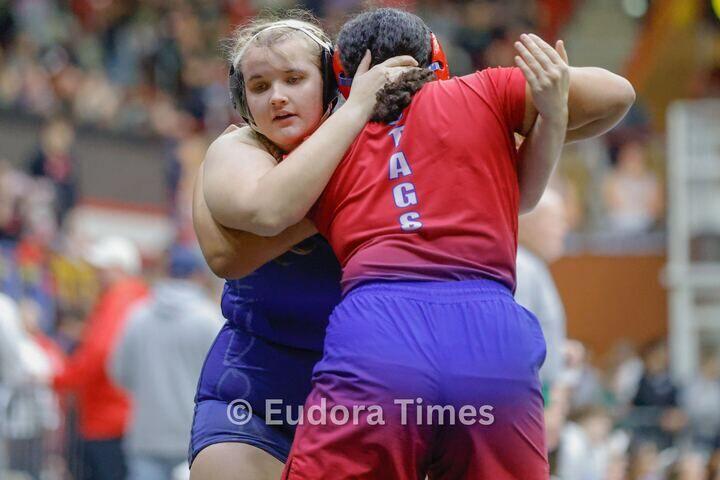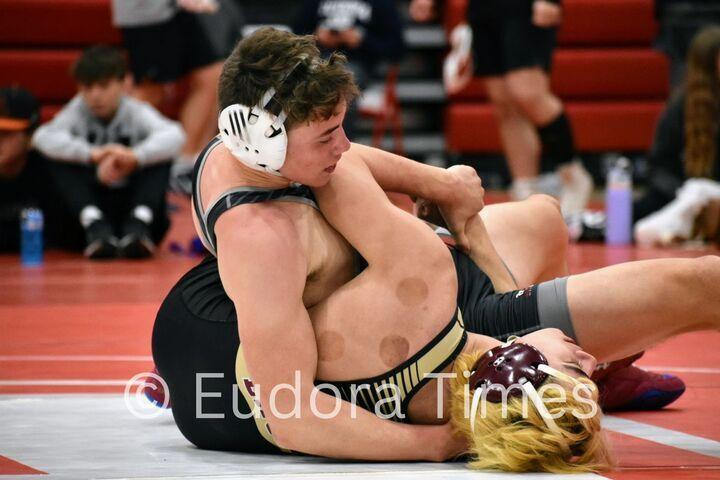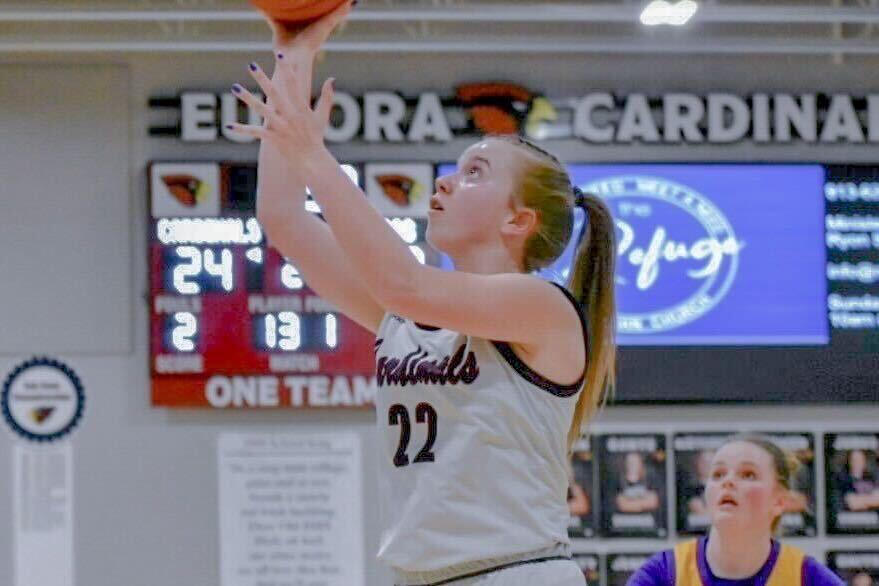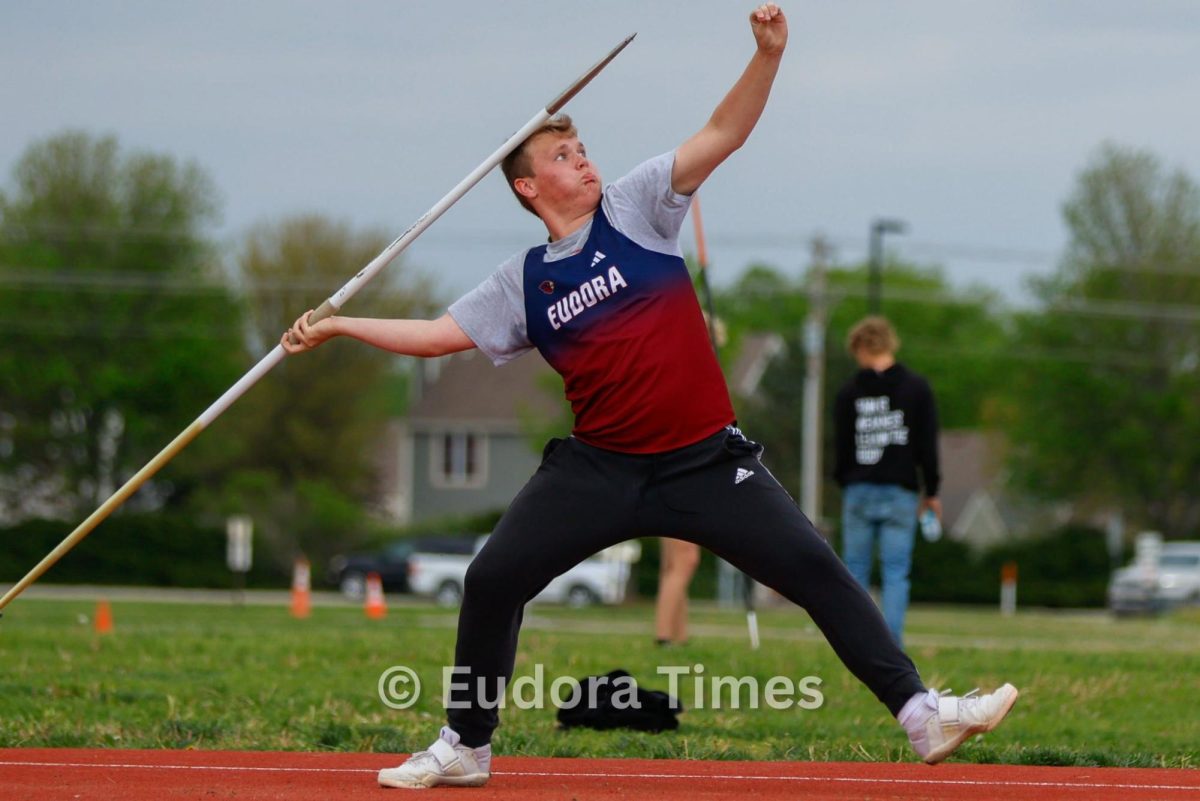This is the third story in a five-part series examining the fifth anniversary of the COVID-19 pandemic and its impacts on the lives of area residents. Effects on students, education, athletes, local businesses and public health will be featured.
Playing the best soccer of her life, Kate Erpelding had her sights set on a record-breaking junior season in 2020.
That season never came.
Five years after the COVID-19 pandemic upended high school sports, Erpelding still remembers the shock of losing her junior season. When the Eudora graduate finally found herself on the field again a year later, striving for the season she had dreamed of, it was in a completely different world.
As COVID-19 started to spread in early 2020, Erpelding had barely finished basketball season before life shut down. The Kansas State High School Activities Association canceled the remainder of the state tournament in March 2020, just a day after Eudora had been eliminated.
She turned her attention toward soccer but only got a couple of practices in before the season was canceled. A spring that was supposed to be marked by intense competition on the soccer field was instead filled with competition among friends playing video games, a way Erpelding and her peers stayed connected.
“It kind of just felt like time was going by so slow,” she said. “You just wake up in the morning, and you just want to stay in bed, like, you have no motivation.”
At first, the shutdown seemed temporary, Erpelding said. But as weeks stretched into months, the isolation became overwhelming. Days blurred together, motivation waned and life felt like it had paused.
“It was just such a big factor in everybody’s lives,” she said. “Like, life almost just stopped, right?”
Despite the uncertainty, she and her friends found creative ways to stay connected. They would park their cars in a circle at a friend’s house, sitting on their hoods and talking from a safe distance.
“That was one of the coolest memories I think I’ve had with anybody,” she said. “You know who your true friends are for sure. Like, obviously, it’s hard to communicate with your friends, but the people that truly care about you are going to reach out to you, or you’re going to reach out to them.”
Even when sports returned, it felt different. Erpelding said the 2021 basketball season was a huge challenge because players had to wear masks during the games. She said the physical exertion plus the blocked breathing made the already-tiring sport even more exhausting.
“It is probably one of the worst things I’ve had to do,” she said.
Now, looking back, Erpelding believes the experience reshaped her mindset about athletics.
“I feel like I have a better work ethic,” Erpelding said. “Because, like I said, I don’t like taking things for granted anymore. I never know when something’s gonna shut down.”
For softball head coach Bill Finucane, the swift shutdown of the state basketball tournament was a warning for spring sports. He figured when Douglas County saw its first confirmed case, everything would be shut down. After just two practices, the call came.
“My reaction was kind of surprised but not shocked. Nobody knew enough to make informed decisions,” Finucane said.
The timing was especially painful for Eudora’s team. With two standout pitchers, he knew they had one of the most competitive rosters in the state. It was a chance at a state title he was sad to see drift away.
“We were primed for a pretty good season, so it pulled the rug out from underneath us,” he said.
Reflecting on that lost season, he encourages players to embrace every moment. Losing something so quickly, he said, taught him to appreciate what he has in every moment.
“Enjoy the seasons you get because you never know when something like that will come around again,” he said.
Two years after the canceled season, Eudora won the state title. Now, 5 years after the shutdown, he sees excitement building among returning players who feel they have something to prove.
The key, he says, is focusing on the present — because if the pandemic taught them anything, it’s that nothing is guaranteed.
“You gotta be pretty powerful to shut down sports”
Athletic Director Cara Kimberlin was courtside at the state basketball tournament in Salina when she first realized something big was happening.
She stood near the student section as news started to spread.
“The kids start telling me that they’ve canceled the Big 12 basketball tournament,” she said. “And I said, ‘No way. What are you talking about? They’re not going to cancel the Big 12 tournament.’”
But within hours, it was clear this wasn’t a false rumor but a prelude for the changes about to hit high school sports. Before long, all remaining state basketball games were called off.
At the time, Kimberlin still believed the impact might be temporary. Then came spring break. Initially, Eudora’s spring sports teams were allowed to practice as long as they stayed outside. But as the days passed, the updates became more alarming.
KSHSAA soon made the call to cancel spring sports statewide.
“This thing’s really going to shut down sports,” she recalls thinking. “You gotta be pretty powerful to shut down sports.”
Kimberlin said she remembers thinking it was unfair to the seniors. Her frustration was personal, too — her niece, a senior softball player at Jefferson West High School, had her final season taken away.
In the months that followed, the logistical nightmares piled up. Schools had to figure out how to return equipment, distribute laptops and shift to virtual learning. By fall, Kimberlin’s job became even more complicated as sports returned with strict limitations and new procedures.
“We had to limit who could come to games in the gym,” she said. “Grandparents couldn’t even come watch.”
Looking back, she still struggles with how it all unfolded. Sports that are typically held outside and with plenty of distance between players, like golf, could likely have been held in some form, she said. But there were too many unknowns at the time.
Even now, she prefers not to dwell on that period.
“I’ve just tried to block out that portion of my days of working as an athletic director,” she said. “I don’t want to ever go through it again.”
“Doing the best they could”
Mia Manley was playing Fortnite with friends when she heard the news that her senior track season was done.
She muted her mic and started to cry, she said. Her world stopped for a minute, she said. Her parents came downstairs and comforted her. She said having a strong support system helped her get through the rough time.
At first, seniors were excited to have an extended spring break, especially when experiencing senioritis, she said. That changed quickly.
It was hard to have everything normal be ripped from her all at once. It was overwhelming, and it took the seniors some time to process what had happened. When class began virtually, teachers weren’t sure how to handle classes, and it was equally hard for them to have everything change all of a sudden.
“I think everybody was just doing the best they could, honestly, and that’s all you can do in a situation that’s so unknown,” she said.
Eudora’s commitment to still have a graduation, even months late, shows how much this community comes together, she said.
Days earlier, the team had talked about what would happen if their senior track season was cancelled. The idea seemed unthinkable.
“We obviously didn’t realize how serious what was going on was,” Manley said. “To hear that this track season had been canceled was extremely devastating. I know I was just crying for multiple days.”
The loss hit especially hard as a senior, knowing this was supposed to be her last opportunity to compete for her school. As the shutdowns stretched on, the reality set in. Manley cycled through emotions — shock, sadness, frustration—especially when she saw fall sport athletes who had finished their seasons.
“You have to deal with, like, the sadness, maybe some like anger in there, because you’re not gonna get to experience what other people have always been able to experience,” she said.
Despite the disappointment, Manley found ways to stay active. The school’s weights program provided home workout videos, and she trained with her family to stay in shape for college.
Through it all, she leaned on her parents and brother for support. Her father, who is Eudora’s pole vault coach, struggled alongside her, watching his athletes miss out on their senior season for the first time. And like many high schoolers stuck at home, she found solace in gaming with friends.
Looking back, Manley sees the experience as a lesson in resilience.
“It’s really impacted me to not take anything for granted,” she said. “Like, even bad days. As an athlete, it’s easy to be like, ‘We have a really hard workout today,’ or, ‘I don’t want to do weights today.’ It’s really impacted me to still show up, even if your body or your mind doesn’t want to, just because you never know when it could be over.”
Even after lockdowns lifted, the effects lingered. When she started college, her freshman year as a student-athlete still didn’t feel normal.
Manley started college at Pittsburg State, but with COVID-19 affecting her ability to be on the track team and because it just didn’t feel like the right place for her, she transferred. Not to mention, she felt isolated, as if it was impossible to meet new people, she said.
From Pittsburg, she transferred to a community college to continue playing sports. Transferring colleges after or during was very common among her class, she said. She’s studying elementary education at Emporia State now, with plans to graduate next December.
“It took a while to get back to any sort of normalcy,” she said.
Eudora graduate Harper Schreiner was on the bus home from the state basketball tournament when she found out the world was coming to a halt.
Not only did it make for an interesting end to her winter sports season, it also ended her chance to play softball that spring.
Schreiner was only a sophomore that year, but said she hurt for her senior teammates who had their final season taken from them.
“Knowing that we couldn’t have that season was very frustrating and sad, especially for those seniors who really never made it to a practice that year,” she said.
Despite having two more years of high school sports, Schreiner was still affected by what COVID-19 took away from athletes.
That summer, she played AAU basketball, a chance for some of the best players across the country to showcase their talent for coaches and recruiters. COVID-19 limited the amount of travel and spectators, which hurt her chance to show herself off to potential college teams, she said.
Even today, Schreiner still feels the effects of the COVID-19 shutdowns. Due to extra eligibility granted to college players at the time, recruiting in college sports has dramatically changed. During the lockdowns, she spent a lot of time to herself, working on her game. While it has helped her become the player she is today, she still misses the moments she lost, she said.
“It has just changed sports in the recruiting process, probably forever,” she said. “It’s crazy that it has been five years. It was just a crazy time, to say the least.”
Reach reporter Cuyler Dunn at [email protected]
The girls basketball team’s bench watches as the Cardinals compete in the state tournament in 2020. The tournament would shut down right after the Cardinals were eliminated.
